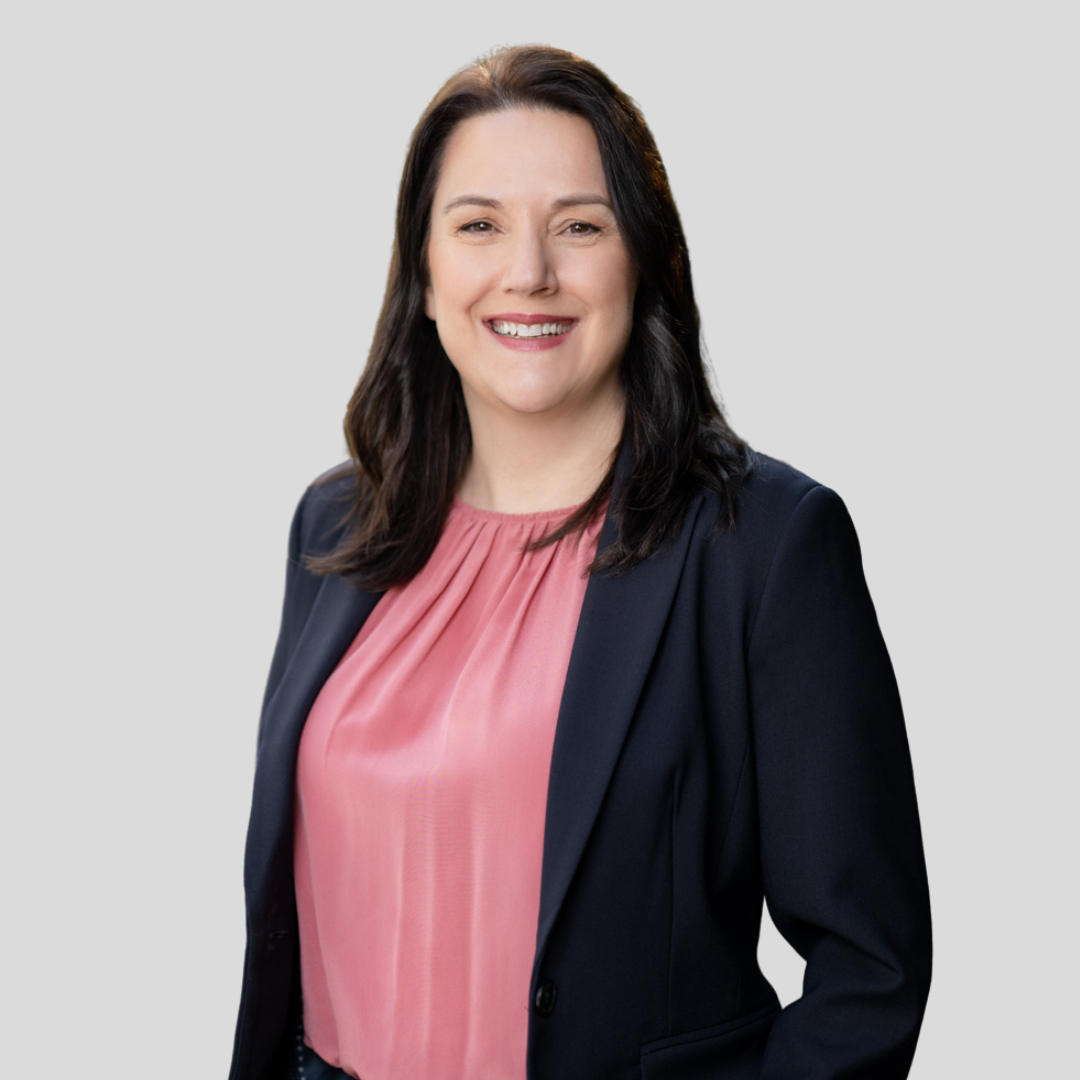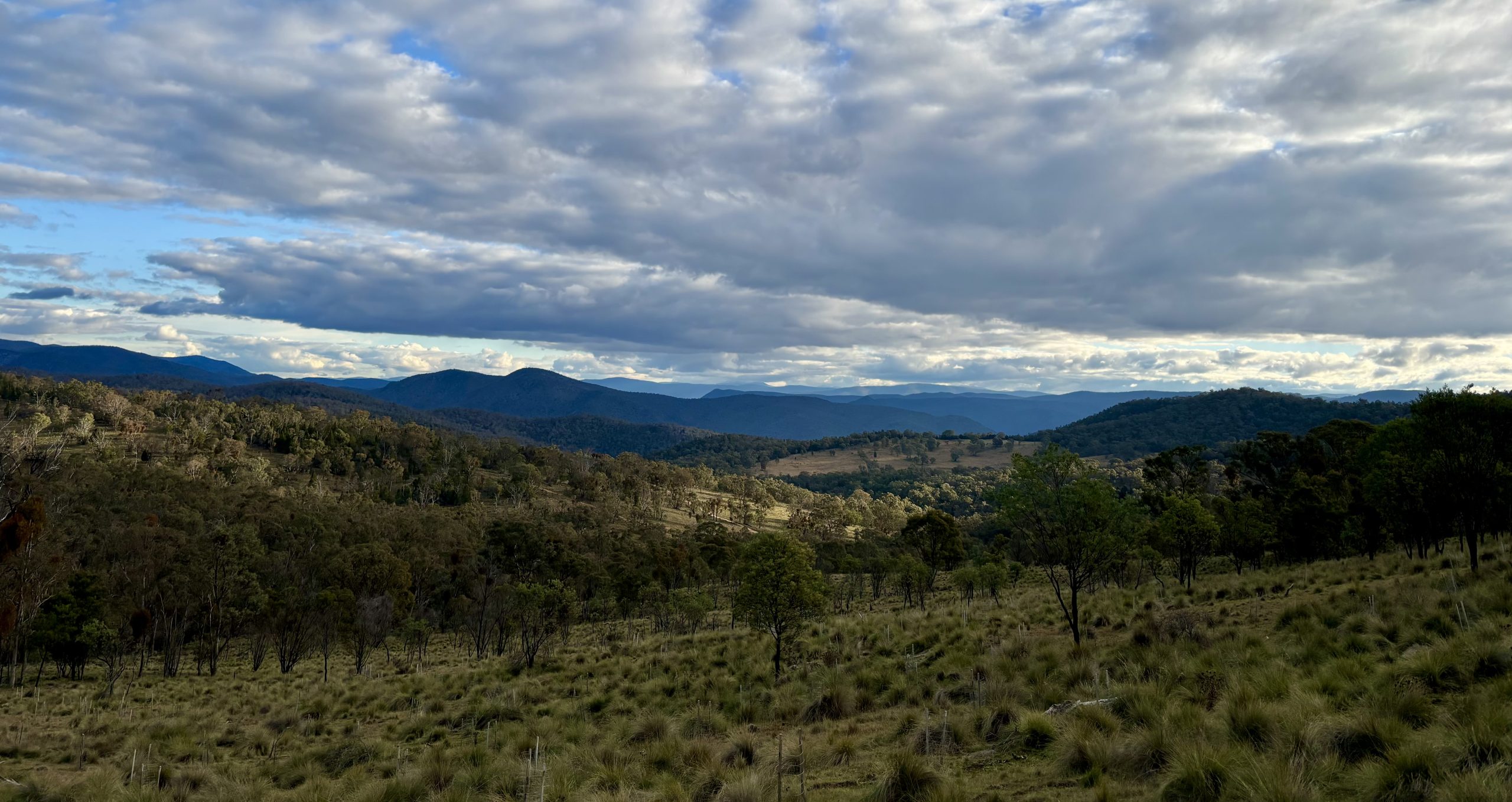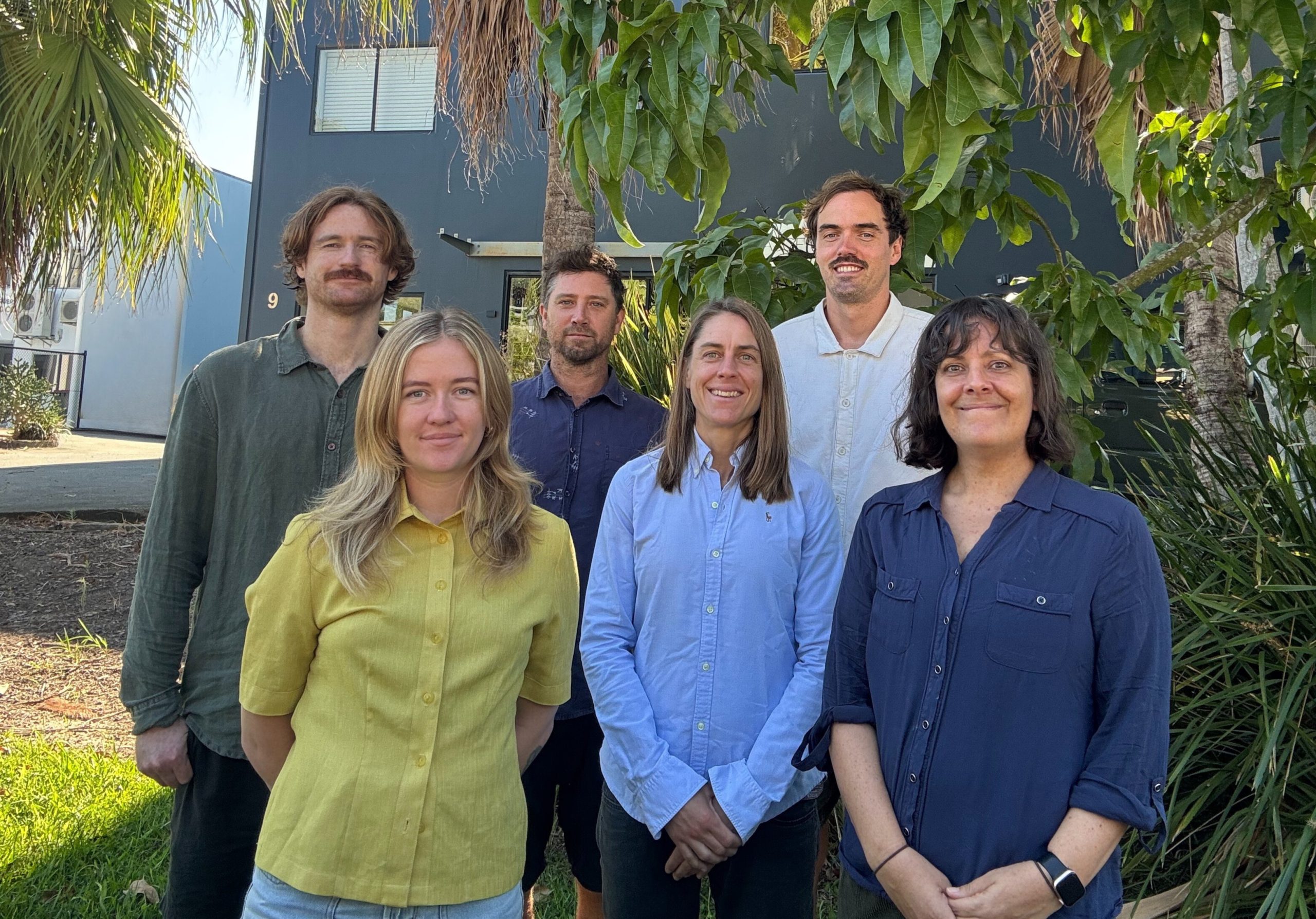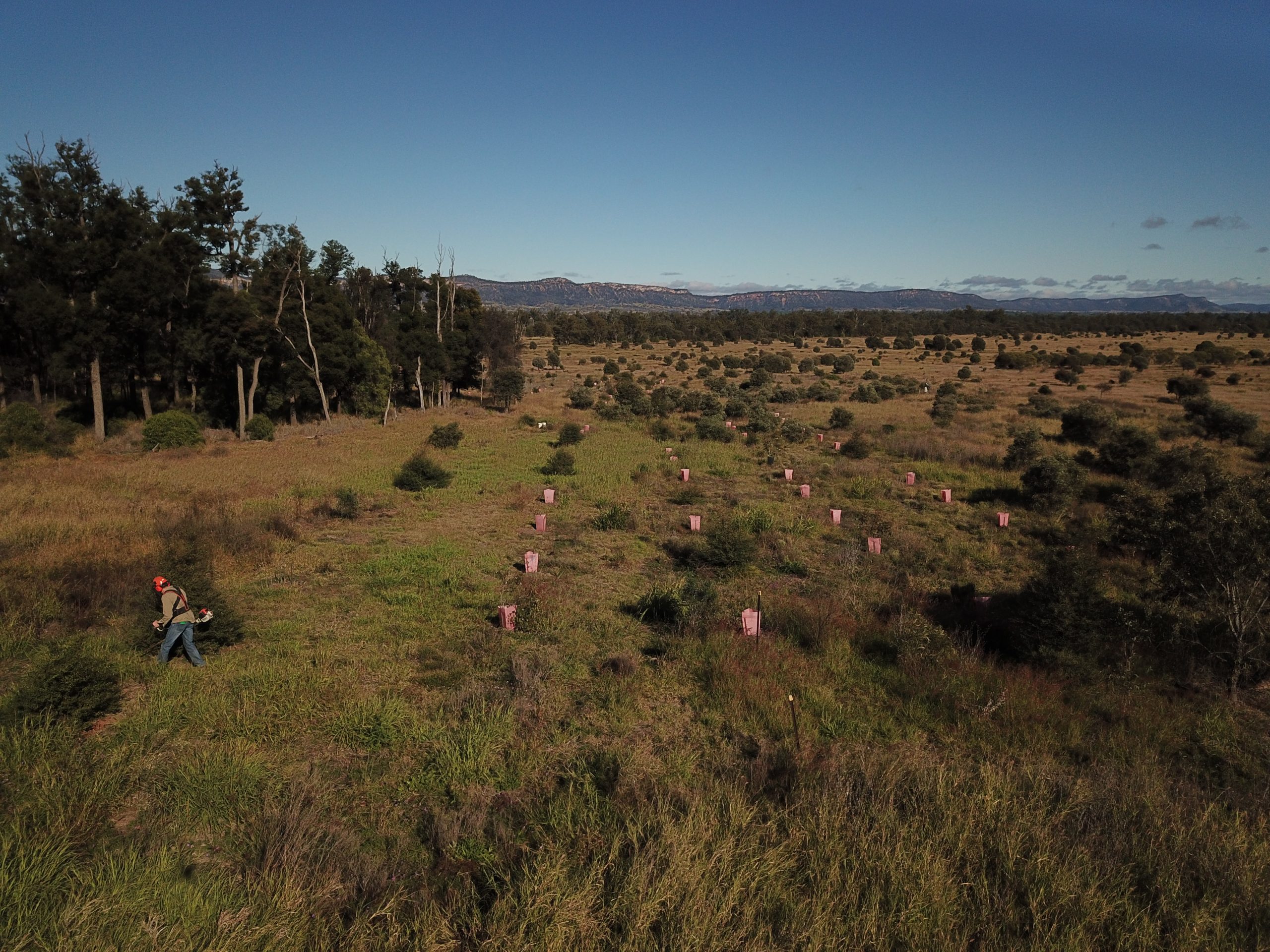Empowering board oversight on nature and biodiversity related risks and opportunities.
Author: Clare Luehman, Executive General Manager – Natural Capital, Finance and Technology
June 7, 2024

News & Insights
Greenhushing: is it safer to keep quiet?
Climate and environmental issues continue to rank high on the list of governance issues for boards. As organisations face up to the material risks posed by climate, and biodiversity damage, it is increasingly clear how many parts of a business and supply chain can be affected. There are no doubt challenges involved in understanding and addressing these risks.
The most recent Climate Governance Study 2024, published by the Australian Institute of Company Directors (AICD), reported 80% of directors surveyed are concerned about climate as a material risk to their organisations. That survey also flagged increasing concern about allegations of greenwashing. As a director, the increase in lawsuits over environmental claims is undoubtedly alarming. With Australia’s corporate and consumer regulators also targeting greenwashing as an enforcement priority in 2024, boards are understandably anxious about what their companies say and do on climate.
Climate statements: where are organisations going wrong?
Some organisations seem to have been caught out by a significant shift in expectations. Previously ‘clean, green’ language in advertising was more likely to be treated as public relations ‘puffery’. Even in sustainability reporting, there was a certain freedom of reporting. Quantitative data was limited, terminology was amorphous, and references were less than robust. Reports tended to be heavy on soft focus images of people in lab coats holding plants. That has certainly changed. Over the last five years in particular, terminology has solidified, and and references have become more robust. Several recent cases show that fine print disclaimers or qualifications will not save claims about sustainable investments or product sourcing.
Organisations are also under pressure from investors and stakeholders who are concerned to understand their own impact. They are increasingly unwilling to accept organisations’ claims about how their money is being invested and the work their donations are supporting. They want to see metrics, evidence and records, in some cases going to court to seek access to these.
Talking about net zero and environmental targets can also catch organisations and directors out. While these necessarily involve an element of uncertainty, directors must have reasonable grounds to believe they are achievable. For example, there must be plans or strategies in place. Otherwise communications about targets are likely to be seen as misleading and deceptive.
Greenhushing: is silence the best strategy?
If acting on environmental issues were simply a reputational issue, downplaying or keeping quiet might be a natural response for a risk-averse board. But this approach, known as ‘greenhushing‘, brings its own risks.
Organisations are progressively being required to communicate about climate and environmental issues affecting them. Mandatory climate reporting against sustainability standards set by the Australian Accounting Standards Board (AASB) is due to start for the first tranche of companies from 1 January 2025. The Australian Securities and Investments Commission (ASIC) is advising companies to begin preparations to meet new climate reporting requirements.
For many organisations, climate and environmental damage are no longer hypothetical risks. Extreme weather events, supply chain disruptions and rising insurance costs are affecting operations and profitability. Conversely, acting on climate change could reduce costs or present new business opportunities. Engaging in natural capital markets could return financial benefits.
In this context, there is a growing view that directors’ duties of due care and diligence require them to turn their minds to their company’s public response to climate and sustainability risks. Not all companies may need to make net zero commitments, for example, but this needs to be a considered decision. Simply keeping quiet to avoid the issue will not be an option.

Bring the discussion to the board table
Having confidence in their climate impacts and positioning requires boards to have much greater oversight of the whole of the organisation’s operations and value chain. This may require deconstructing internal operational silos, for example, if sustainability and finance and procurement have all been operating as separate departments with limited ability to influence each other.
As discussions on environmental and sustainability issues start to take place around the board table, action does start to happen.
In Niche’s work, particularly in biodiversity offset markets, we have seen the positive effects of putting a value on nature to help protect it. Treating natural resources as ‘capital’ is focusing attention on the actual costs of our natural resources and drives the development of more robust metrics for measuring and comparing environmental costs. We’re seeing a real willingness, in some cases a greater sense of urgency, to do more in relation to nature. Along with that, clients are telling us they are feeling pressured and need help both to understand their impact and to identify opportunities. We have been considering how to support that.
Practical analysis and strategic advice
Helping clients respond to this shifting understanding requires us also to broaden our support. Which is where Niche’s expanding natural capital and offsetting advisory offering comes in.
For many clients, our role will be to provide a holistic perspective on their projects, land use, and compliance obligations, or to help them identify long-term opportunities. As well as assisting with audits and assessments, Niche can help clients understand how technology can help with assessments, financial modelling or improving efficiencies.
Our comprehensive natural capital services include obtaining environmental approvals, conducting detailed ecological assessments, and managing offset sites to ensure compliance and bolster ecological outcomes. We facilitate biodiversity offset strategies and strategic business cases, tailored to meet specific client needs and regulatory requirements. Additionally, our innovative LOOP (Landholder Origination & Offsets Portal) plays a pivotal role in connecting groups, enabling clients to identify potential future assets and prepare for emerging opportunities, thereby streamlining project management and enhancing environmental sustainability efforts.
With my diverse background across finance, sustainability, and restoration ecology, coupled with my farming roots, I deeply understand the challenges and opportunities our clients face—especially in balancing sustainability with profitability. The pivotal question of my career—’Is there a smarter, more sustainable way?’—is more relevant than ever.
As the leader of the Niche Natural Capital team, my vision is to work hand-in-hand with our clients to navigate the complexities of environmental sustainability with confidence. We are dedicated to crafting business strategies that are not only financially successful but also proactively contribute to the preservation and enhancement of natural ecosystems. Our commitment is to ensure that every project not only meets regulatory standards but also enriches the biodiversity it impacts, fostering a positive and lasting effect on the natural world.
About the author
A leader in finance and sustainability, Clare Luehman has over 30 years’ experience in business consulting and executive roles across energy, environment, manufacturing, and agribusiness sectors, predominantly in ASX50 companies. Raised on a farm in the Victorian Mallee, Clare has a lifelong connection to the land, which has shaped her professional path.
As the inaugural global General Manager of Carbon and Sustainability for Incitec Pivot she implemented a RONA positive, risk-based sustainability strategy. Clare has also shaped the environmental sector through multiple non-executive director roles, notably as Founding Director of nature-based carbon project developer NatureCo and native seed farmer SeedX. In her role as CFO of Greening Australia, Clare was instrumental in mobilising $20 million of impact capital to enhance the native seed industry, vital for Australia’s restoration needs.
Clare is renowned for her visionary leadership and strategic thinking. She is adept at driving business growth alongside fostering environmental stewardship.
Find out more
- Niche expands natural capital offering with appointment of Clare Luehman
- Biodiversity in the boardroom: Beyond compliance to strategic integration.
Contact us
To discuss opportunities to assess your project for accreditation under the Accounting for Nature framework, contact Niche.




